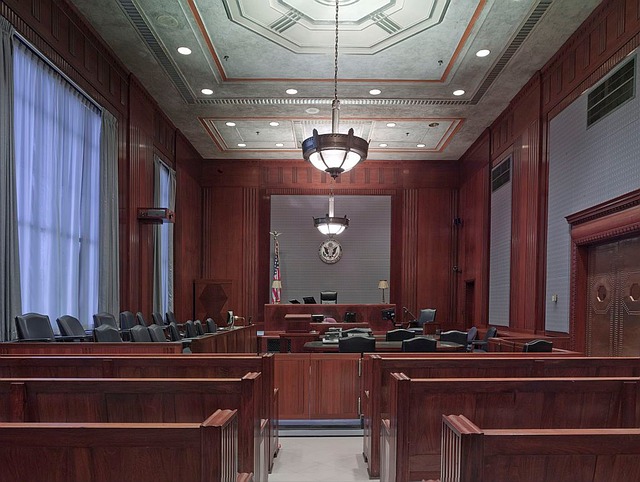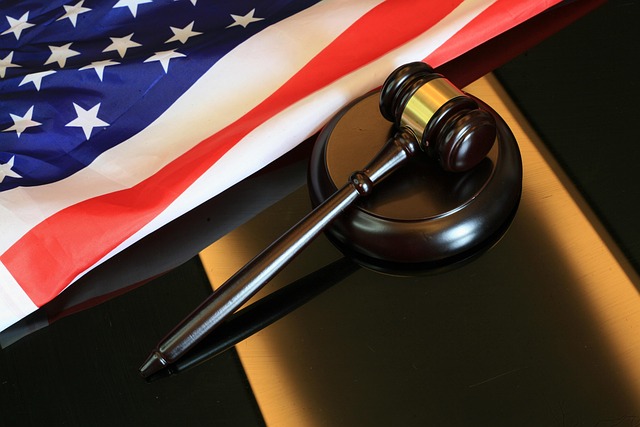Regulatory compliance is critical for businesses, ensuring fairness, transparency, and accountability as overseen by agencies safeguarding citizens' rights, particularly the Sixth Amendment guarantees during criminal proceedings. Balancing individual liberties protected by the Sixth Amendment with legal frameworks is essential, especially in white-collar defense cases, to maintain a positive business reputation despite stringent regulations.
Regulatory compliance is an intricate web that businesses and organizations must navigate to avoid legal pitfalls. This article delves into the critical aspects of regulatory adherence, focusing on the delicate balance between strict compliance and individual liberties. We explore ‘Understanding Regulatory Compliance’, highlighting its necessity as a framework for legal stability. Furthermore, we dissect the Sixth Amendment Rights in court, demonstrating their pivotal role in protecting citizens while ensuring fair and effective regulation.
- Understanding Regulatory Compliance: A Necessary Framework
- Sixth Amendment Rights: Protections in the Legal System
- Navigating the Intersection: Balancing Compliance and Individual Liberty
Understanding Regulatory Compliance: A Necessary Framework

Understanding Regulatory Compliance is a fundamental aspect of any business operation, particularly in the complex landscape of modern law and regulations. It involves adhering to rules and standards set by governing bodies to ensure fairness, transparency, and accountability across various sectors. This framework is critical for maintaining public trust and confidence in institutions, especially within the legal system. In the context of criminal proceedings, regulatory compliance plays a significant role, respecting the rights guaranteed under the Sixth Amendment during court processes.
By ensuring adherence to regulations at all stages of the investigative and enforcement process, businesses can avoid legal pitfalls associated with white-collar crimes. Across the country, regulatory agencies are tasked with overseeing these processes, protecting citizens, and upholding justice. This meticulous approach, inspired by principles of fairness and due process, ensures that rights, including those outlined in the Sixth Amendment, remain intact while navigating complex legal frameworks.
Sixth Amendment Rights: Protections in the Legal System

The Sixth Amendment to the U.S. Constitution guarantees rights to individuals facing legal proceedings, ensuring fairness and due process in the court system. This amendment plays a pivotal role in protecting those accused of crimes, providing them with essential protections that safeguard their interests. One of its key provisions is the right to an impartial jury, ensuring that cases are decided by unbiased jurors who represent a fair cross-section of the community.
Additionally, the Sixth Amendment confers upon defendants the right to be informed of the nature and cause of the accusation against them, allowing for proper preparation of their defense. This principle is particularly crucial in white-collar defense cases, where complex financial crimes are at play. For his clients facing such unprecedented legal challenges, this amendment ensures they are fully apprised of the allegations, enabling them to assemble a robust defense strategy with the assistance of experienced counsel.
Navigating the Intersection: Balancing Compliance and Individual Liberty

Navigating the complex landscape of regulatory compliance is a delicate balance between upholding individual liberties and adhering to legal frameworks. As businesses operate within a stringent legal environment, especially in white-collar industries, they must ensure their practices respect the rights enshrined in the Sixth Amendment during court proceedings. This delicate equilibrium ensures that while regulations are enforced, the process respects due process and fair treatment for all individuals involved.
For his clients, a comprehensive understanding of this intersection is vital. Businesses must recognize that strict compliance does not negate the need for empathy and adherence to fundamental rights. By prioritizing both regulatory observance and individual liberty, respective business operations can foster trust and maintain a positive reputation in an ever-watchful legal environment.
In navigating the intricate relationship between regulatory compliance and individual liberty, especially within the legal system, understanding the nuances of the Sixth Amendment Rights in Court is paramount. Balancing these considerations ensures a fair and just society where both order and personal freedoms thrive. By delving into these issues, we gain insights that underscore the importance of striking a delicate equilibrium to protect rights while maintaining regulatory integrity.






